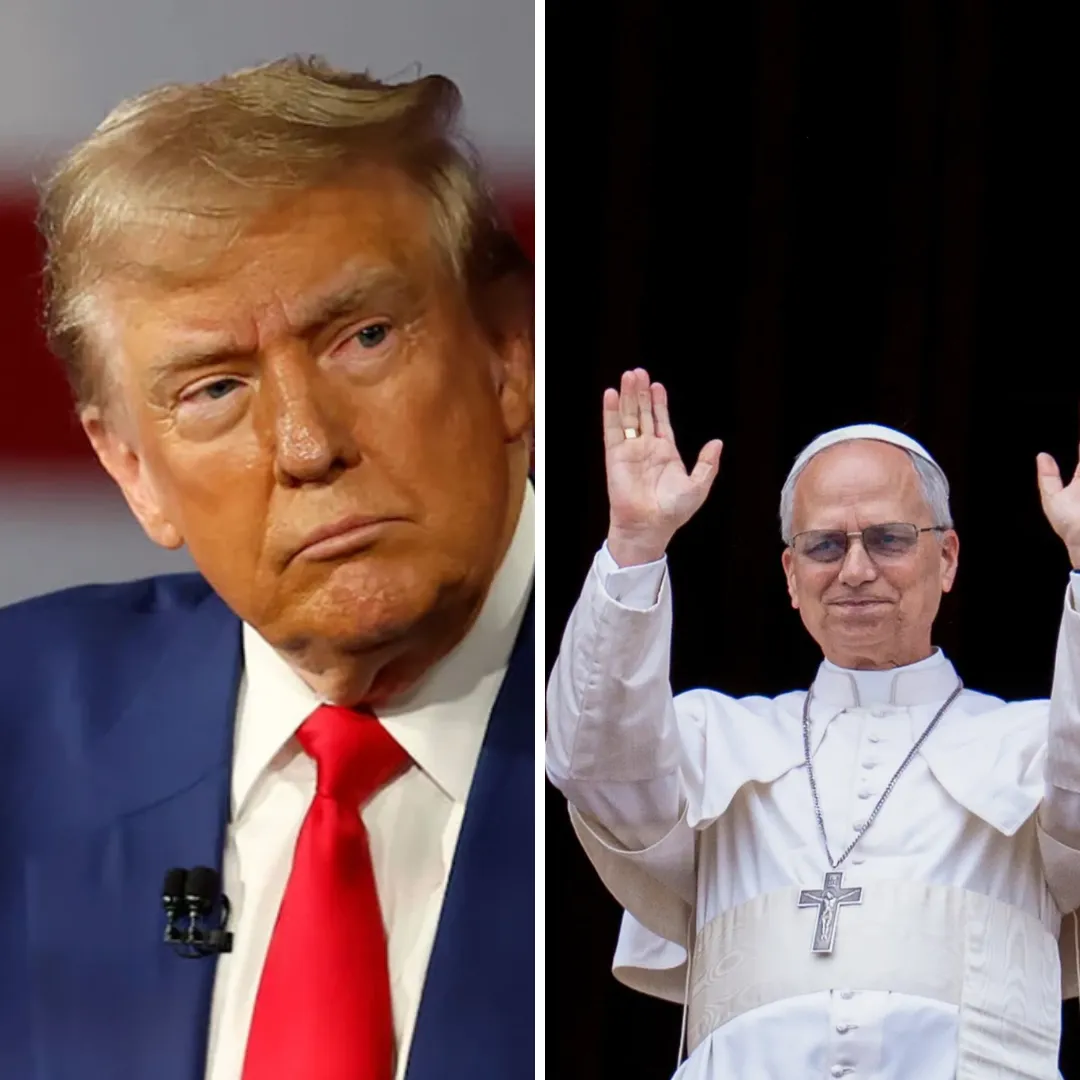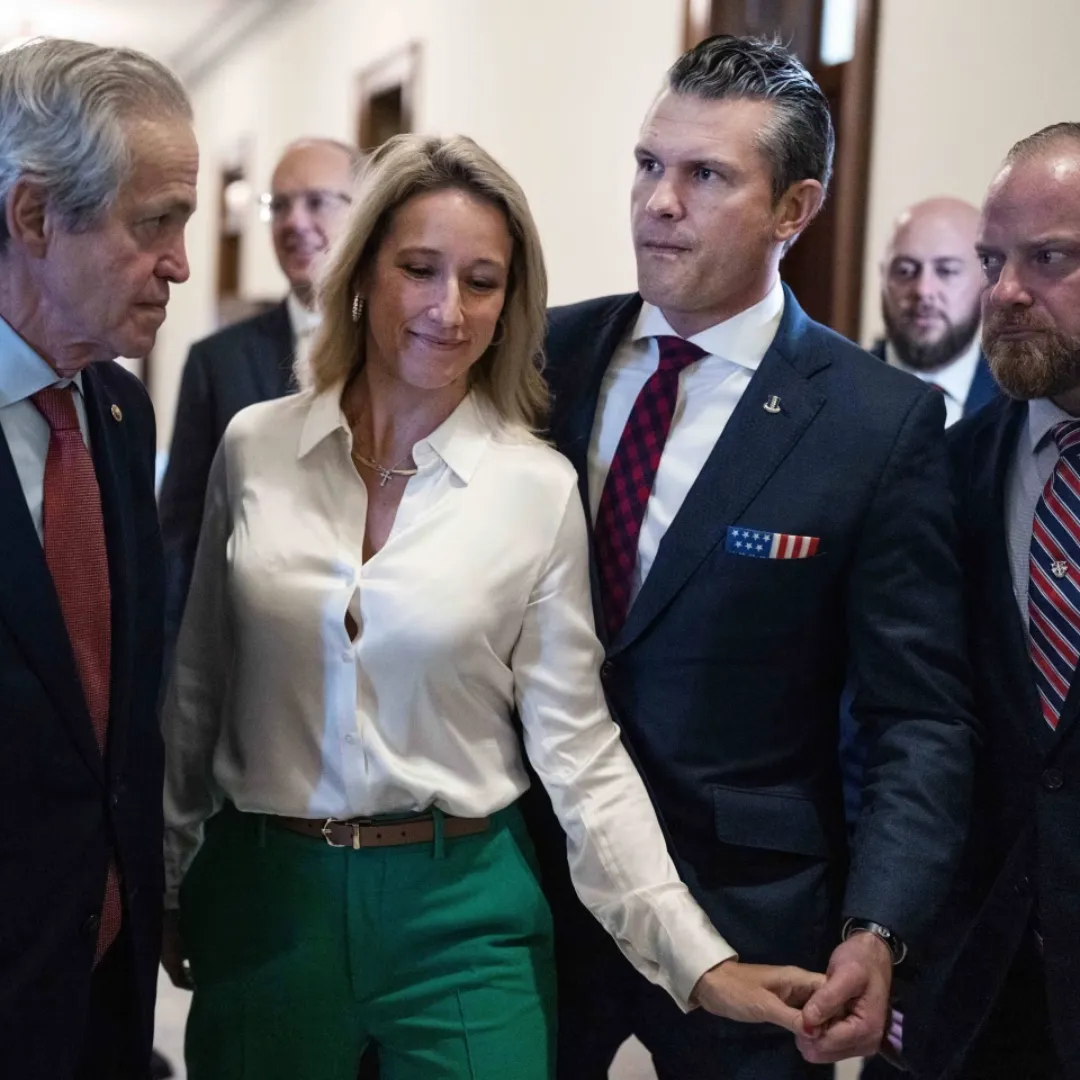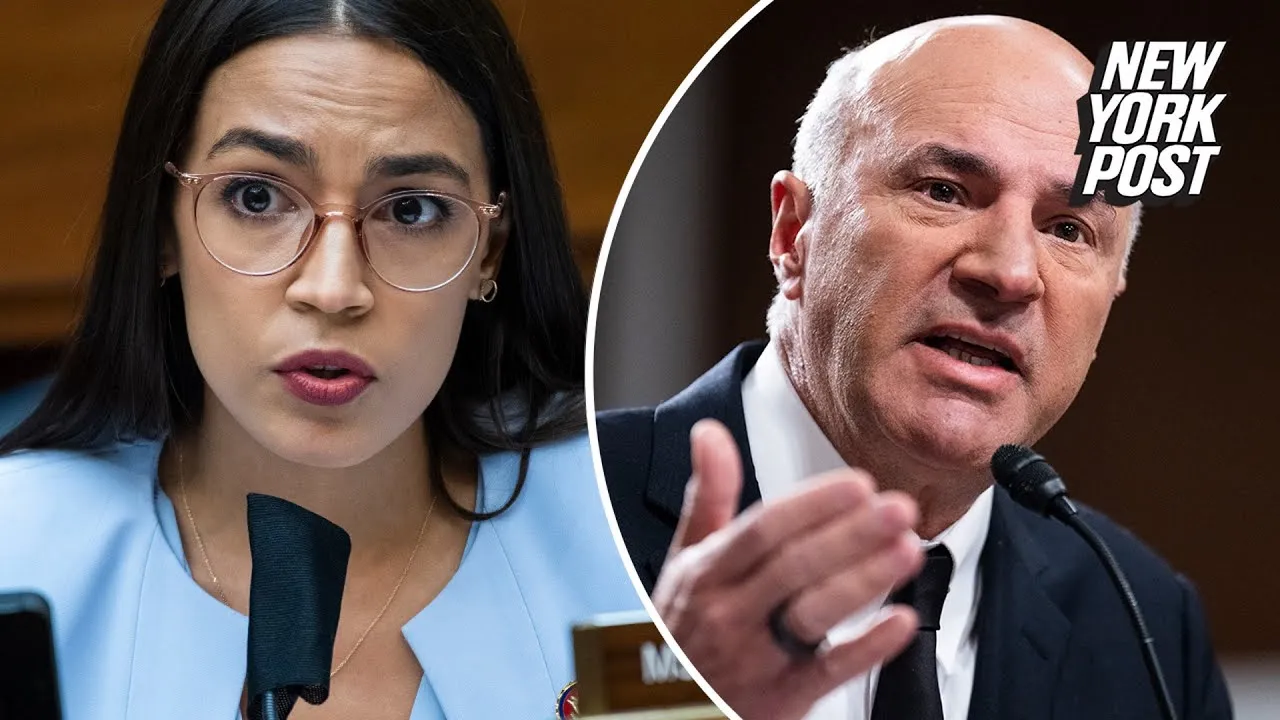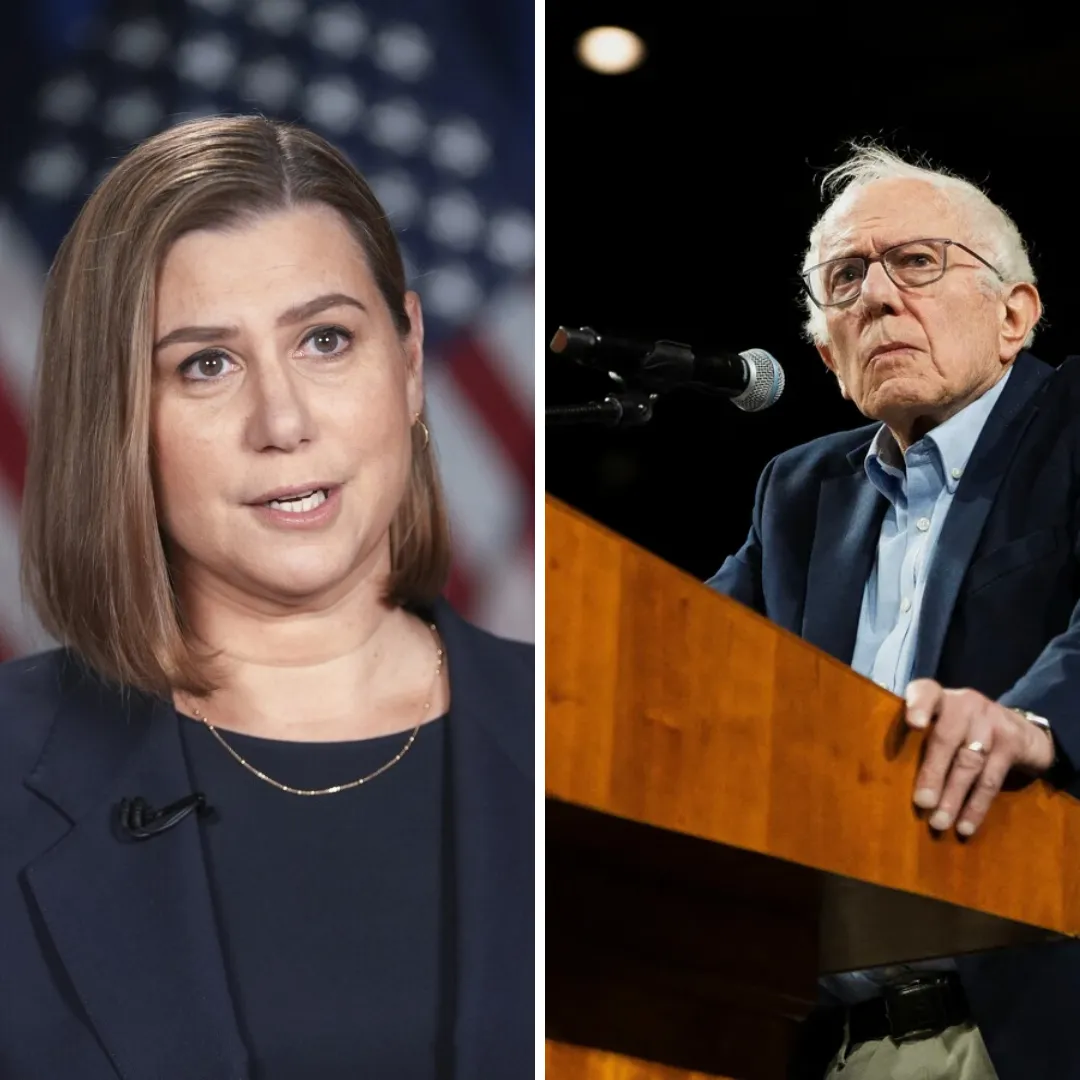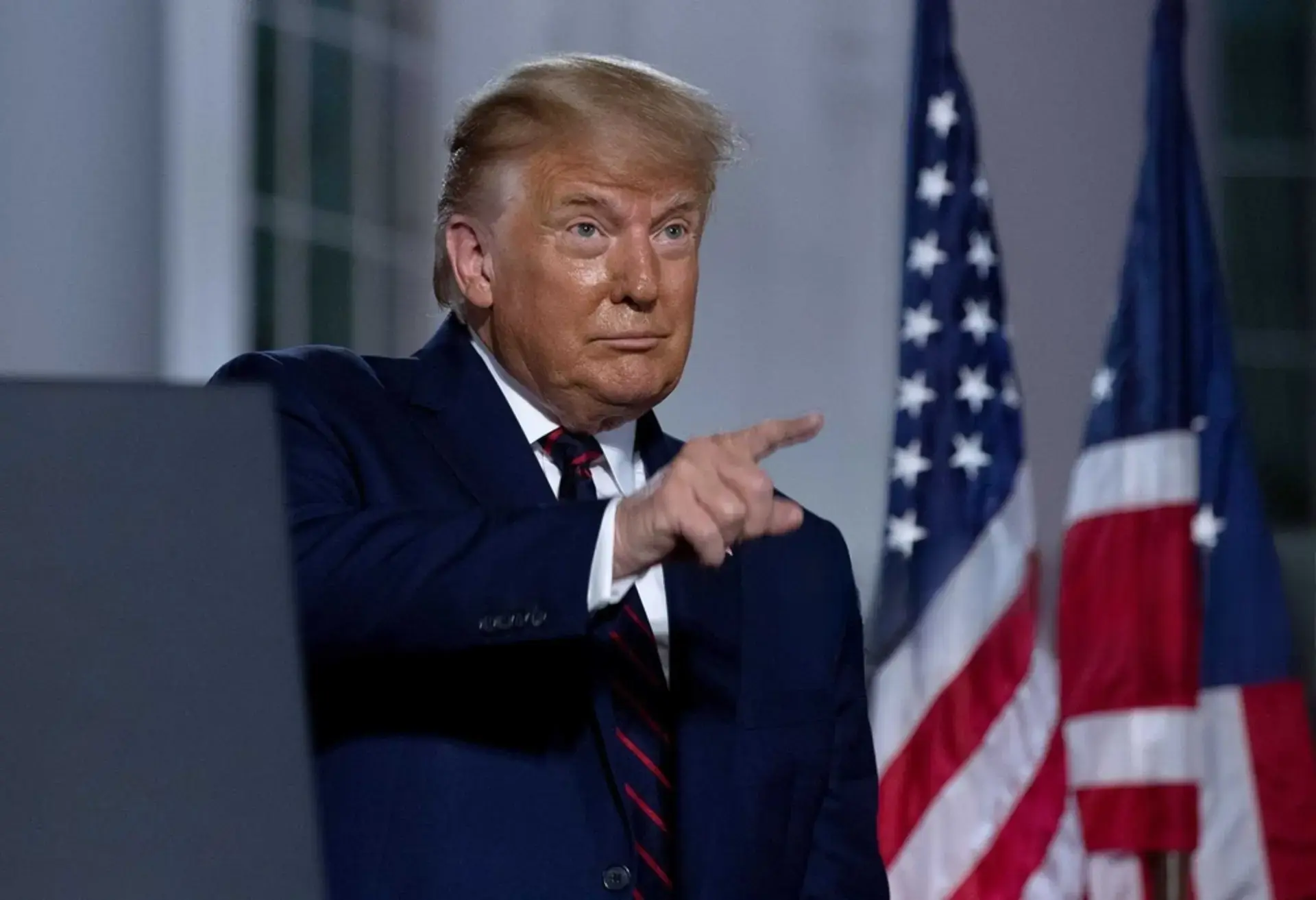
A controversial private dinner scheduled between President Donald Trump and top investors in his meme coin has sparked a formal ethics complaint and growing concerns about corruption, foreign influence, and the use of the presidency for personal financial gain.
Senators Adam Schiff of California and Elizabeth Warren of Massachusetts submitted a letter Friday requesting a federal investigation into the event, arguing that the dinner raises serious ethical and legal red flags.
The dinner, to be held next month at Trump’s golf club near Washington, is described as an "intimate private dinner" and will include the top 220 holders of the $TRUMP token. According to the coin's official website, the top 25 investors will receive an added layer of access in the form of an "exclusive" reception with the president himself and a "special" White House tour.
The announcement has generated alarm not only among Democratic lawmakers but also among ethics watchdogs and members of the cryptocurrency community, many of whom are questioning the implications of merging political office with personal crypto ventures.
"This latest action raises grave ethics and legal concerns, including the severe risk that President Trump and other officials may be engaging in 'pay to play' corruption by selling presidential access to individuals or entities, to include foreign nationals and corporate actors with vested interests in federal action, while personally enriching the President and his family," Schiff and Warren wrote in their formal request for a federal review.
The senators addressed their letter to Jamieson Greer, the acting director of the Office of Government Ethics and current U.S. Trade Representative. In it, they asked whether the office has provided any guidance on the legal or ethical use of digital assets by public officials, especially as they relate to gifts, influence, or access to government figures.
They also inquired about existing mechanisms that prevent individuals—especially foreign actors—from using financial investments to gain proximity to the president.
The dinner announcement triggered an immediate spike in the value of the $TRUMP token. Within hours, its price jumped nearly 60 percent, rising from approximately nine dollars to nearly fifteen.

Although the price has since stabilized around fourteen and a half dollars, analysts estimate that the news alone boosted the value of crypto wallets associated with the Trump Organization by approximately one hundred million dollars.
Critics argue that the timing of the announcement, combined with the financial windfall, represents a dangerous blend of political power and private enrichment.
"This new scheme is demonstrative of President Trump’s continued and concerning efforts to use his own name and likeness as President, as well as those of his family and the presidential office, for personal financial gain," the senators stated in their letter.
President Trump launched the $TRUMP meme coin shortly before his most recent inauguration. At its debut, the token soared to around seventy dollars but has since experienced fluctuations.
Still, it remains one of the most discussed political-themed digital assets in circulation, driven largely by Trump's highly visible support for the cryptocurrency industry. He has made clear his ambitions to position the United States as a leader in crypto innovation and regulation, often proclaiming that the nation will become the "crypto capital of the planet" under his leadership.
Since taking office for his second term, Trump has filled key administrative positions with crypto-friendly figures and repeatedly engaged with industry executives. His efforts have included hosting blockchain and fintech roundtables at the White House and directing regulatory agencies to develop frameworks that promote innovation in decentralized finance.
While these efforts have been well received in some parts of the crypto world, Trump’s personal involvement in crypto ventures has caused division among investors and analysts.
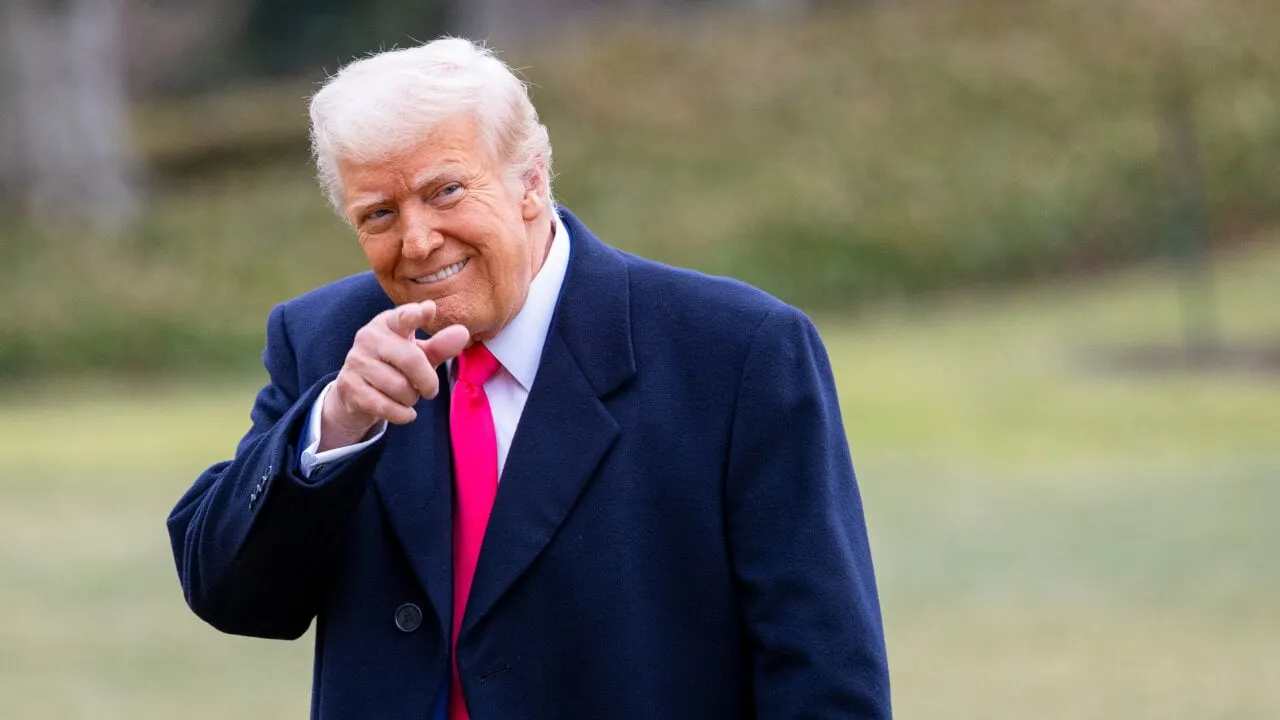
Many worry that the merging of political power with digital currency could complicate federal oversight and compromise the integrity of the industry. In particular, the $TRUMP token has been viewed by some as a symbol of potential exploitation—leveraging the presidency for speculative gain.
World Liberty Financial, the crypto firm Trump founded with his sons in the fall of the previous year, has also announced an expansion into stablecoins, adding another layer of commercial interest to the family's involvement in blockchain technology.
At the same time, Trump Media and Technology Group—the company behind Truth Social—has signed a partnership with Crypto.com to offer new exchange-traded funds (ETFs) tied to digital assets. These developments have reinforced concerns that the Trump family is using its political profile to shape the cryptocurrency market in ways that disproportionately benefit their personal holdings.
In their letter, Senators Schiff and Warren asked for clarity on what regulations, if any, currently exist to prohibit such activity. They are specifically requesting answers to the following questions: Has the Office of Government Ethics issued any guidance on the holding or promotion of cryptocurrencies by federal officials?
What controls are in place to prevent foreign nationals or corporations from gaining undue access to the president through investment vehicles like meme coins? What steps, if any, are being taken to ensure that public office is not used for personal enrichment?
"The American people deserve the unwavering assurance that access to the presidency is not being offered for sale to the highest bidder in exchange for the President’s own financial gain," the senators concluded.
The complaint also draws attention to longstanding concerns about financial transparency in the Trump administration. Throughout his political career, Trump has faced criticism for failing to fully divest from his business interests or place them in a blind trust, as previous presidents have done.
His continued involvement in business ventures, including real estate, media, and now crypto, has prompted repeated questions about conflicts of interest.

Legal experts have noted that if it is proven that foreign actors are using the $TRUMP coin to buy access to the president, the consequences could be severe. It would not only constitute a violation of federal ethics laws but could also trigger criminal investigations related to bribery, money laundering, or the violation of the Foreign Agents Registration Act.
Yet enforcement in the crypto space remains challenging. Because cryptocurrencies can be purchased and traded anonymously or through offshore accounts, tracing the identity of top investors is often difficult.
This reality underscores the concerns raised by Schiff and Warren: without transparency and oversight, digital assets could become a convenient tool for those seeking to bypass traditional barriers to political influence.
So far, the Trump administration has not responded publicly to the senators' request. Nor has it issued a statement clarifying whether any internal review of the dinner or the $TRUMP token has been initiated.
Despite the criticism, supporters of the president argue that his embrace of crypto is a bold step toward modernizing the financial system and democratizing investment opportunities.
Trump’s defenders have also pointed out that other public figures have launched branded cryptocurrencies or NFTs without facing similar scrutiny. They argue that the backlash is politically motivated and that Trump is being unfairly targeted because of his status as a former and current president.
Nevertheless, the central issue remains unresolved. The combination of political authority, private investment, and opaque digital transactions presents a scenario ripe for abuse if left unchecked.
As cryptocurrencies become increasingly mainstream and more politicians begin to engage with them, the question of where ethical lines are drawn becomes even more pressing.
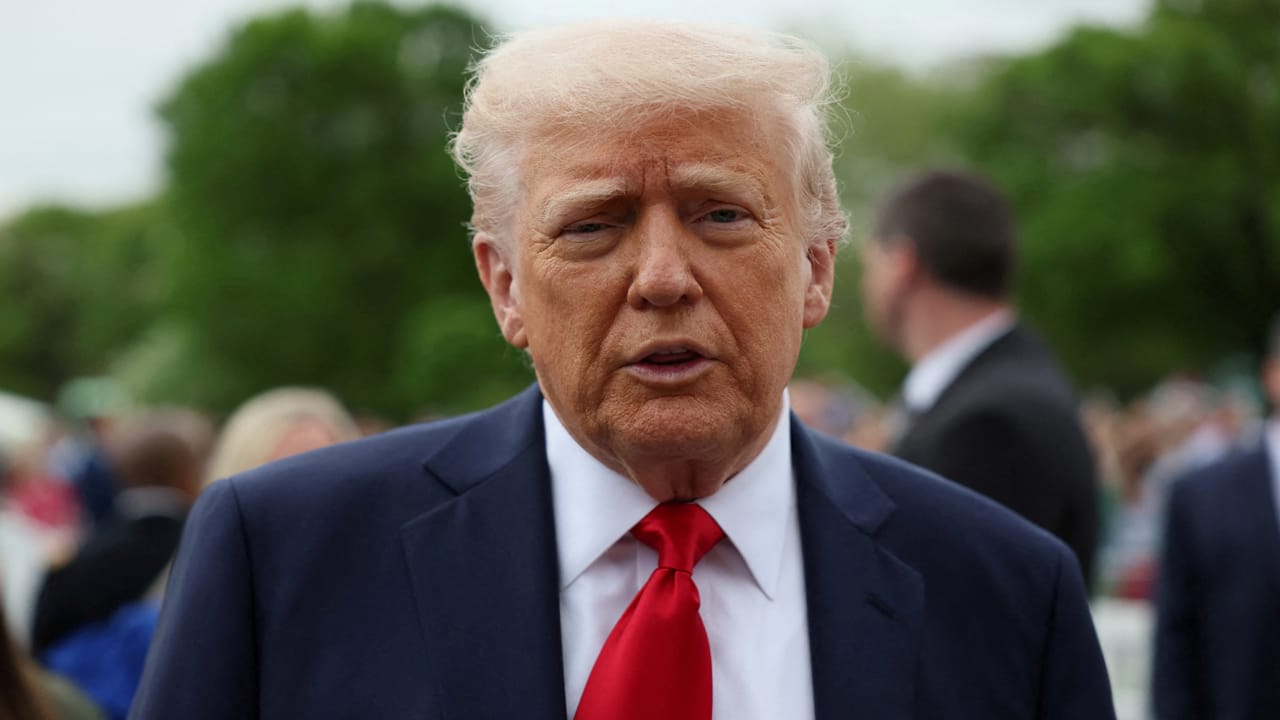
For now, all eyes are on the Office of Government Ethics to determine whether the dinner between President Trump and his meme coin investors represents a violation of federal standards or merely a controversial blending of public service and private enterprise.
The outcome of the investigation, if one is initiated, could set a precedent for how political figures interact with emerging technologies and markets moving forward.
In the meantime, the $TRUMP coin continues to trade actively, buoyed by supporters who see it as both a cultural and financial statement. Whether it will also become a legal flashpoint remains to be seen.
